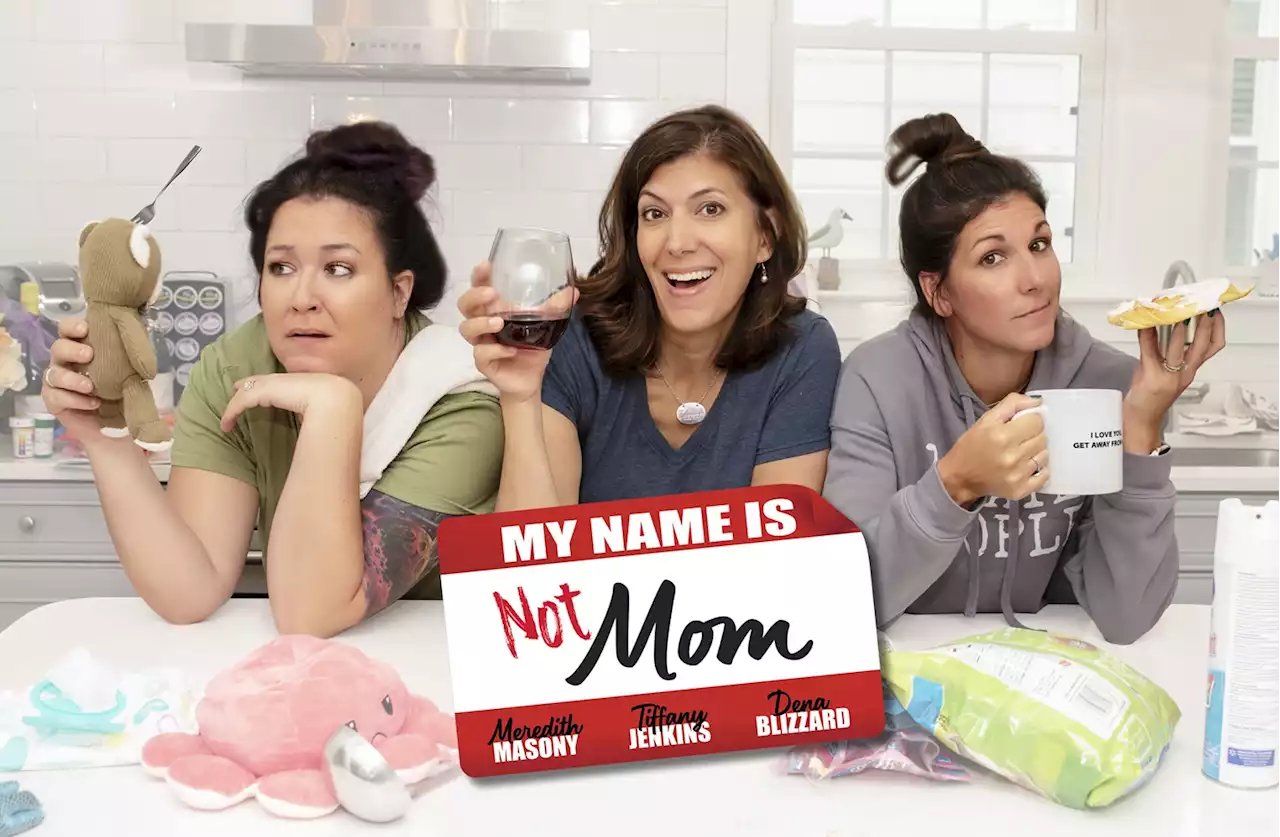.Snapchat removes Maori tattoo filters after criticism from New Zealand
The filters depicted multiple sacred Maori tattoos, including a ta moko tattoo that is supposed to be unique to the wearer’s ancestry, the Guardian reported. Because the tattoo is supposed to be sacred, the filter offended the Maori, the indigenous people of New Zealand.
Because of a lack of knowledge of the indigenous group, users could also inadvertently use the wrong tattoos. Maori men wear full facial tattoos, while a moko kauae tattoo that covers the lips and chin of the wearer is designed for women, according to the outlet. Snapchat claimed the company encouraged diversity and inclusiveness while disapproving of content that promotes discrimination.
“We encourage our community to create Lenses that are inclusive and any shared on Snapchat must comply with our community guidelines,” the company told the outlet. “These are clear that we prohibit content that demeans, defames, or promotes discrimination.”The Maori people have also claimed that artificial intelligence systems are racist because they do not recognize the faces of users with the tattoos.
The filters have also been used on other social media sites, including Instagram. At least 10 filters on Instagram have names that include “Moori” or “moko” created by users of the platform, according to the outlet.
United States Latest News, United States Headlines
Similar News:You can also read news stories similar to this one that we have collected from other news sources.
Followers Forever: Prior Commitment Predicts Post-Scandal Support of a Social Media Celebrity| Social Psychological BulletinWhen learning about wrongdoings of others, people are quick to condemn them and make negative inferences about their character. This tends to not be the case, however, when they hold strong positive feelings toward a transgressor, or consider this person to be part of their ingroup. We investigated the extent to which followers of a social media celebrity, Logan Paul, would still support him after a highly publicized scandal, thus exploring whether they would remain loyal given their prior commitment, or instead, feel especially betrayed and therefore revise their previously positive evaluation of him. Using Distributed Dictionary Representations on a large dataset of YouTube followers (N=36,464) who commented both before and after the scandal, we found that the more often a person had publicly expressed their approval of the protagonist prior to the scandal, the stronger their post-scandal support was. Similarly, prior engagement was also associated with fewer negative moral emotions, and more positive emotions and attempts to defend the transgressor. Furthermore, compared to non-followers of the celebrity, followers were substantially more supportive of him after the scandal. Thus, highly committed fans failed to update existing moral character evaluations even in light of an extreme moral norm violation, a pattern that is consistent with attempts to reduce cognitive dissonance to maintain a positive evaluation of self and transgressor.
Read more »
 Dairy Queen has a new fall blizzard menu, blizzard-scented throw pillowsThe new fall blizzard menu is available now, and you can enter to win the new pillows starting Wednesday by visiting Dairy Queen’s social media pages.
Dairy Queen has a new fall blizzard menu, blizzard-scented throw pillowsThe new fall blizzard menu is available now, and you can enter to win the new pillows starting Wednesday by visiting Dairy Queen’s social media pages.
Read more »
 Advice | Ask Jules: I feel guilty I don’t share more on social mediaAsk Jules: A Gen-Xer struggles to post more on social media
Advice | Ask Jules: I feel guilty I don’t share more on social mediaAsk Jules: A Gen-Xer struggles to post more on social media
Read more »
 Social Media Comedians Fight the Tropes of Raising Kids in My Name Is Not Mom'I think the three of us really do a great job at speaking our minds and taking the stigma away that you gave birth and had this lobotomy'
Social Media Comedians Fight the Tropes of Raising Kids in My Name Is Not Mom'I think the three of us really do a great job at speaking our minds and taking the stigma away that you gave birth and had this lobotomy'
Read more »
 ‘The Spit’ Dividing Social Media—Why Everyone Is Talking About Harry & ChrisOMG, this press tour is utter mayhem.
‘The Spit’ Dividing Social Media—Why Everyone Is Talking About Harry & ChrisOMG, this press tour is utter mayhem.
Read more »
 Timothée Chalamet Says It’s “Tough to Be Alive” as a Young Person with Social Media“To be young now, and to be young whenever — I can only speak for my generation — is to be intensely judged.”
Timothée Chalamet Says It’s “Tough to Be Alive” as a Young Person with Social Media“To be young now, and to be young whenever — I can only speak for my generation — is to be intensely judged.”
Read more »
